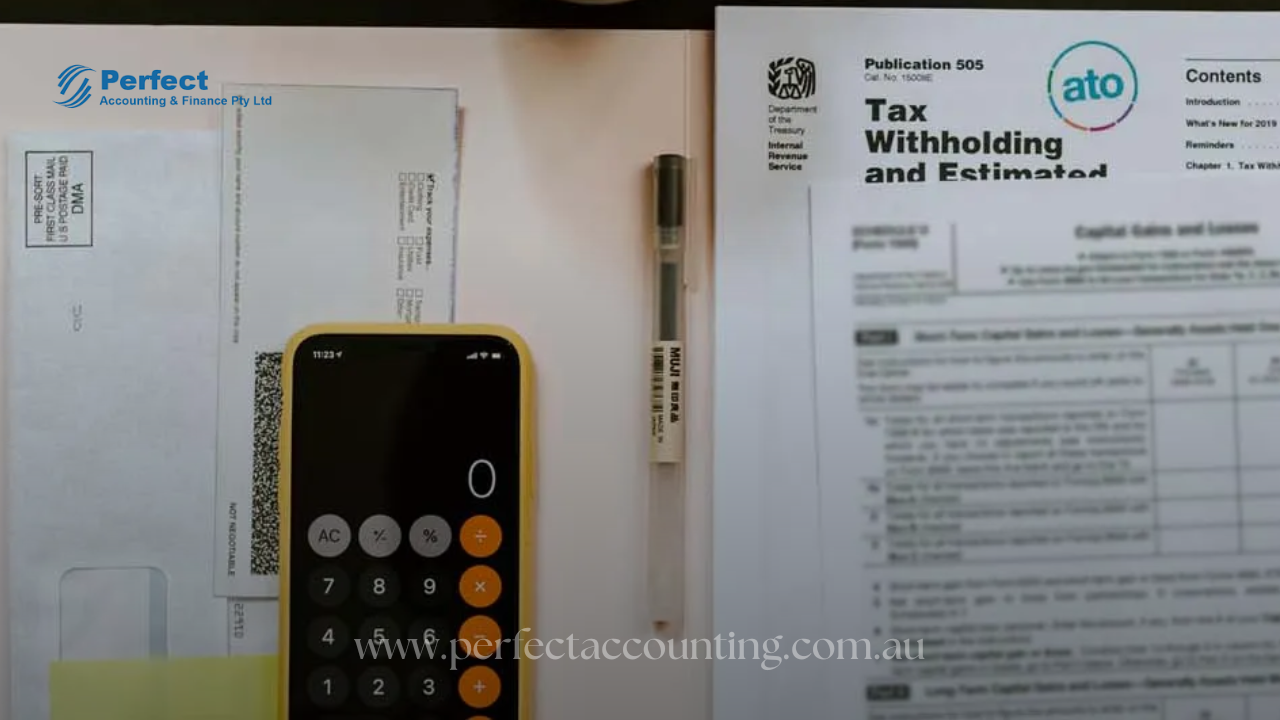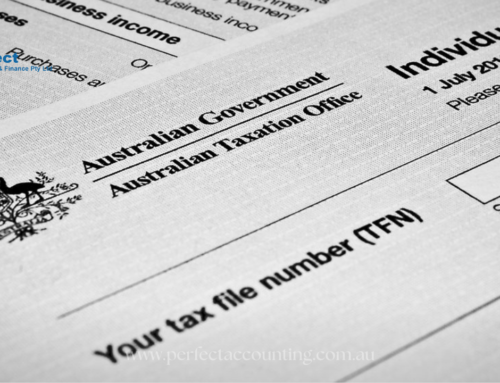If you’re running a business in Australia and have an Australian Business Number (ABN), you’re responsible for paying your own tax. Whether you’re a sole trader, freelancer, or independent contractor, it’s important to understand how ABN tax works and how to stay compliant with the Australian Taxation Office (ATO).
This guide explains everything you need to know about paying tax with an ABN.
1. What Is ABN Tax?
ABN tax isn’t a separate tax — it refers to the income tax you pay on your business income earned under an ABN. When you operate with an ABN, you’re typically considered a sole trader, which means you’re running your own business and are responsible for:
-
Reporting your income
-
Claiming deductions
-
Paying tax yourself (no employer does it for you)
2. Do You Need to Pay Tax with an ABN?
Yes, if your income is more than the tax-free threshold ($18,200 per year as of 2025), you must pay tax on your ABN income. Even if you earn below the threshold, you still need to lodge a tax return.
3. How to Pay ABN Tax
Here’s a step-by-step process:
Step 1: Keep Records
Keep track of:
-
All income (invoices, payments)
-
Business expenses (tools, internet, fuel, etc.)
-
Bank statements
You can use accounting software like Xero, QuickBooks, or even Excel.
Step 2: Lodge Your Tax Return
At the end of each financial year (1 July to 30 June), you must:
-
Lodge an individual tax return
-
Report all income from your ABN in the Business/Sole Trader section
This can be done:
-
Online using myTax
-
Through a registered tax agent
Step 3: Pay the Tax You Owe
Once you lodge your tax return, the ATO will calculate how much tax you owe based on your total income and expenses. You can pay:
-
In full by the due date
-
Or via an ATO payment plan
If your ABN income is high, the ATO may ask you to pay Pay As You Go (PAYG) instalments quarterly in the next year.
4. Do You Need to Register for GST?
If your ABN income is $75,000 or more per year, you must:
-
Register for Goods and Services Tax (GST)
-
Add 10% GST to your invoices
-
Lodge Business Activity Statements (BAS) quarterly
5. What Deductions Can You Claim?
You can reduce your tax by claiming business-related expenses, such as:
-
Office supplies
-
Equipment
-
Internet and phone bills
-
Car and travel costs
-
Home office expenses
Keep receipts and accurate records to support your claims.
6. When Is ABN Tax Due?
For most sole traders:
-
Tax return is due by 31 October each year (if you lodge it yourself)
-
If you use a tax agent, you may get an extension
7. Tips to Manage ABN Tax Easily
-
Set aside 25–30% of your income for tax
-
Use separate bank accounts for business
-
Keep digital or physical receipts
-
Consider hiring a tax agent for help
Final Thoughts
Paying tax as an ABN holder is your responsibility, but it’s manageable with good record-keeping and basic planning. Understand your obligations early, claim your deductions, and stay on top of due dates to avoid penalties.







